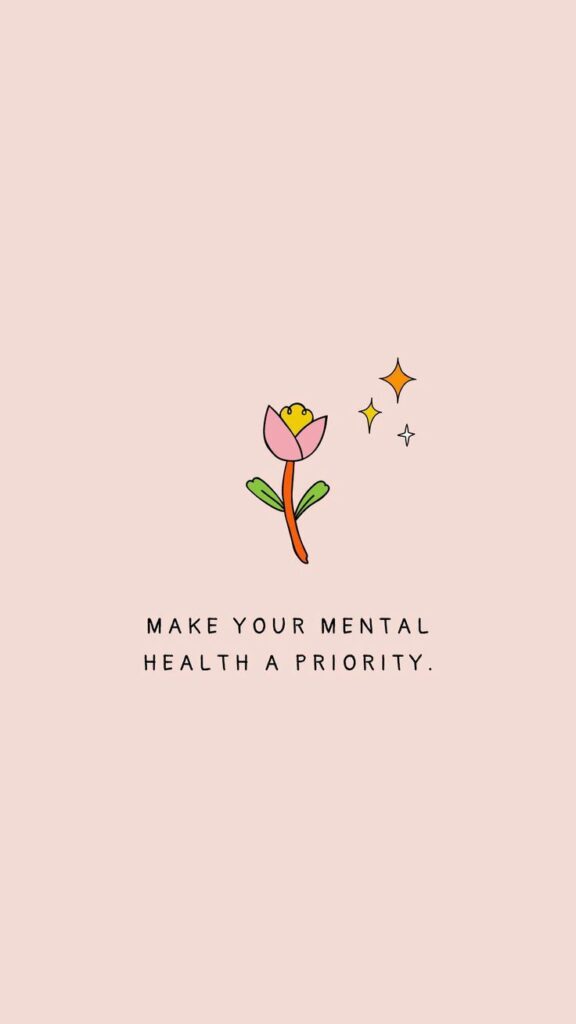Mental health is a vital aspect of our overall well-being, yet it is often neglected or misunderstood. In today’s fast-paced world, where physical health often takes precedence, mental health struggles remain a silent challenge for many. From anxiety and depression to mood disorders and stress, the impact of mental health issues can be profound, affecting people from all walks of life. This article explains what mental health and mental health conditions mean. It also describes the most common types of mental health disorders, including their early signs and how to treat them.

Types of Mental Health Issues:
Mental health disorders are diverse, and each one affects individuals in different ways. Common types include:
- Anxiety Disorders: These include generalised anxiety disorder, panic disorder, and social anxiety, often characterised by excessive worry, fear, or panic attacks.
- Depression: A common yet serious mood disorder, depression can cause persistent feelings of sadness, hopelessness, and loss of interest in daily activities.
- Bipolar Disorder: This mood disorder causes extreme mood swings, including emotional highs (mania or hypomania) and lows (depression).
- Obsessive-Compulsive Disorder (OCD): OCD involves intrusive thoughts and repetitive behaviours or mental acts performed to reduce anxiety.
- Post-Traumatic Stress Disorder (PTSD): PTSD is a mental health condition triggered by experiencing or witnessing traumatic events.
- Eating Disorders: Disorders like anorexia, bulimia, and binge eating can have a severe impact on both mental and physical health.
- Schizophrenia: It is a chronic mental disorder causing hallucinations, delusions, and impaired thinking, requiring long-term treatment.
Early Symptoms:
Understanding the symptoms of mental health issues is the first step towards recognising and addressing them. Common signs include:
- Persistent sadness or irritability
- Excessive worry or fear
- Difficulty concentrating or making decisions
- Changes in appetite or sleep patterns
- Social withdrawal or isolation
- Unexplained physical symptoms like headaches or stomachaches
If you or someone you know is experiencing these symptoms, it’s important to seek support and professional help. Call at Psycho-Social First Aid Counselling Helpline: 8448-8448-45 (pan-India).
Treatment and Support:
Mental health treatment varies based on the type and severity of the condition. Some common treatment options include:
- Therapy: Cognitive-behavioural therapy (CBT), psychotherapy, and counselling can help individuals manage their thoughts, emotions, and behaviours.
- Medication: Antidepressants, anti-anxiety medications, and mood stabilisers are often prescribed to manage symptoms of mental health disorders.
- Lifestyle Changes: Regular exercise, healthy eating, mindfulness practices, and social support can play a key role in mental well-being.
- Self-care: Practising self-compassion, engaging in hobbies, and maintaining a balanced routine can support mental health recovery.
Mental health is not just the absence of illness; it’s about understanding your emotions, coping with stress, and living a fulfilled life.
Prevention:
Although mental health conditions cannot be completely prevented, the following steps may help reduce the risk:
- Stay connected with family and friends, especially during stressful times.
- Seek early treatment if any mental health symptoms appear.
- Manage stress through mindfulness, meditation, or creative activities.
- Maintain a healthy lifestyle with proper sleep, exercise, and a balanced diet.
- Address underlying issues like low self-esteem or trauma through therapy.
How to Help Someone?
While caring for your mental health, it’s equally important to support others who are struggling, working together to provide the change they may desperately need. Some ways to support a loved one struggling with mental health issues:
- Watch for changes in their behaviour or mood, which could signal a mental health concern.
- Ask how they are feeling, particularly after difficult events like divorce, bereavement, or retirement.
- Encourage them to seek help from a doctor or mental health professional.
- Offer to help by finding treatment providers, booking appointments, or accompanying them to sessions.
- Check in regularly to see how they are doing.
- If they are at risk of suicide, stay with them and call emergency services until help arrives.
Support from loved ones can greatly aid recovery. Studies show that some people avoid acting on suicidal thoughts due to the care and presence of friends and family.
Summary:
Mental health is about feeling good, thinking clearly, and handling life’s ups and downs. It’s more than just the absence of illness; it’s about thriving. Stress, anxiety, and depression can take a toll, but with the right support, you can manage these challenges and live a fulfilling life. Let’s work together to build a happier, healthier you.
Hence, Start your Journey Starts at The Mental Oasis – We believe in breaking the stigma surrounding mental health and creating a safe space for open discussions. Here, you will find everything you need to support your mental well-being—because mental health matters, and you deserve to thrive.
Join us on this journey of understanding, healing, and self-care. Explore our resources and take the first step towards a healthier, happier life.


